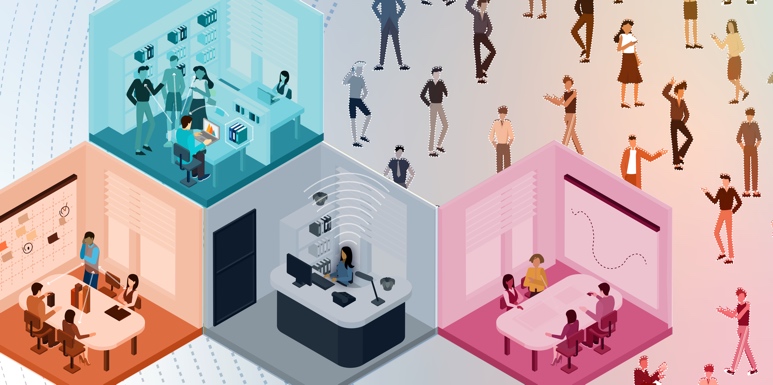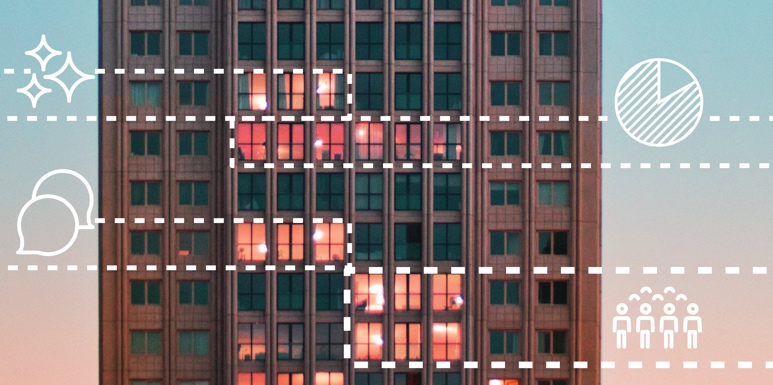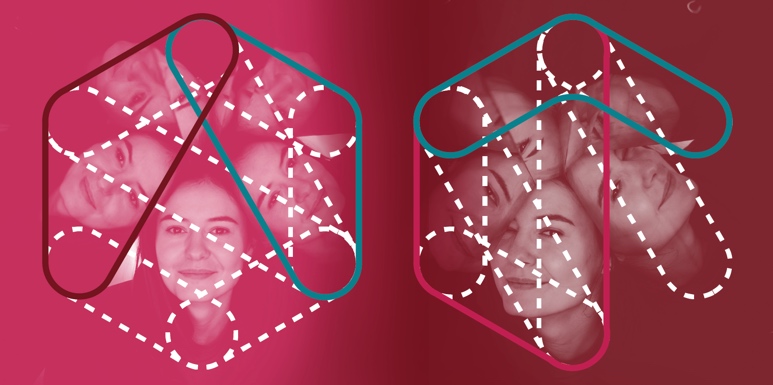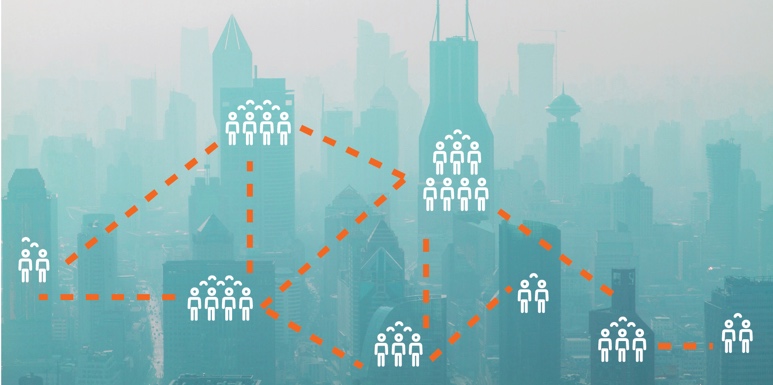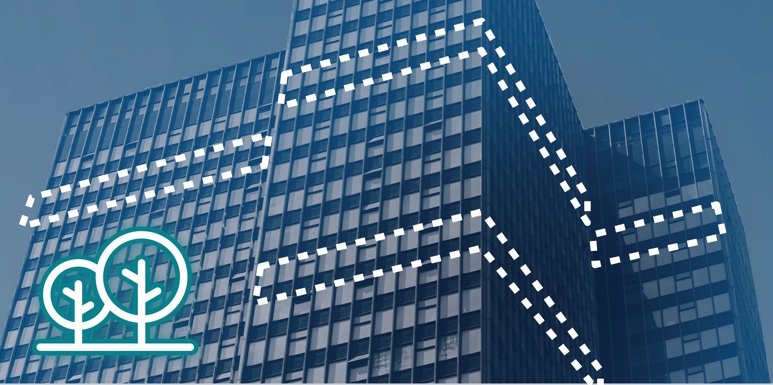IFMA - October 2024
Artificial intelligence (AI) is transforming workplace design and facilities management (FM). In this presentation, Melissa Marsh shares insights into how AI improves user experience and operational efficiency in smart buildings. The session covers real-world examples of AI-powered analytics optimizing space and energy use, and addresses important ethical considerations such as privacy and inclusivity in AI-driven workplaces.



